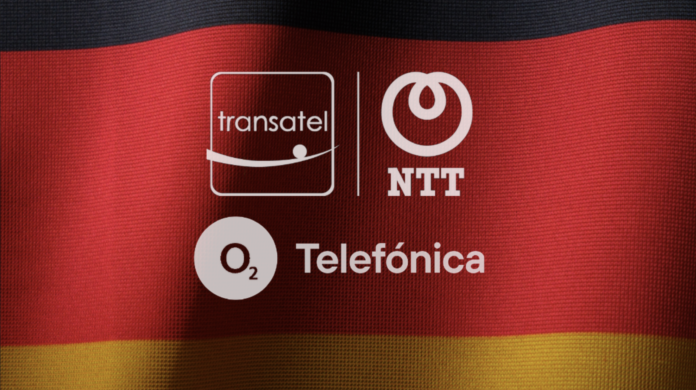NTT-owned IoT MVNO-enabler Transatel has signed a wholesale deal with O2 Telefónica in Germany to offer IoT coverage and applications for the automotive sector and wider industrial market. The arrangement gives the France-based firm, offering local MVNO and MVNE services in Europe for two decades, and more recently offering a roaming extension for campus-based private cellular networks, “mid-term access” to O2 Telefónica’s 5G network.
Transatel offers IoT airtime in 200-odd countries. Its IoT business splits into three units: automotive IoT, supplying in-car connectivity for telematics and ‘infotainment’; industrial IoT, providing global airtime for maintenance and localisation services in and out of production and logistics environments; and more familiar consumer/prosumer IoT, in line with its original IoT proposition to offer global roaming.
There are some big names on its books. Jaguar Land Rover is using Transatel for automotive IoT – for software updates, navigation services, and general in-car connectivity; so are Stellantis (Fiat Chrysler) and DAF Trucks. Airbus is using it for industrial IoT, to underpin its Skywise cloud platform, resold to airlines to collect data from aircraft during layovers. In the case of the first and last disciplines, Transatel is working via its Ubigi consumer eSIM brand.
O2 Telefónica has granted it an MVNO deal in Germany on the basis that the IoT market “will grow rapidly in the coming years”. A statement said: “Digitization and automation are advancing in many industries, from the automotive industry to medical technology and logistics.” The pair quoted Statista Market Research, that the “market volume” in Germany alone will be around €51 billion by 2028. “The prerequisite for this is powerful networking,” they said.
O2 Telefónica noted it is already serving the IoT market locally with private 5G ‘campus’ networks, low-power national cellular IoT connectivity, plus cybersecurity and SD-WAN. The company claims 90 percent 5G population coverage in Germany, and 44 million “mobile lines” in the country. “No operator connects more people in this country,” it said.
Alfons Lösing, chief partner and wholesale officer at O2 Telefónica, said: “We are contributing to drive the digital transformation in Germany forward efficiently. O2 Telefónica’s network and Transatel’s connectivity solutions open up new opportunities for companies to leverage IoT applications.” He added that his firm is “open to new [wholesale] partnerships” in Germany to “expand the ecosystem-play for new innovative solutions and business models”.
Jacques Bonifay, chief executive at Transatel, said: “Opening the German market to Transatel is an important step to enable innovation in the European IoT market, building strong business models with O2 Telefónica and leveraging its network in Germany with all the new 5G SA features.”

